Building a Solid Language Foundation
By: Erin Provenzano | Kindergarten Teacher, Northview Elementary School, Valparaiso Community Schools
Did you know that from birth to age 5, a child’s brain develops more and more rapidly than at any other time in life? Research has shown that a child’s experiences in the first few years help to shape how their brain develops. These experiences have a lasting impact on their ability to learn and thrive in school and in life. Prior to even setting foot in the Kindergarten classroom, parents play a vital role in the future success of their child’s academic journey. Language development from 0-5 is key to a strong start in Kindergarten.
There are two types of language development: receptive and expressive language. Receptive language is how a child receives and understands spoken language. Expressive language is how a child expresses their thoughts and ideas through speaking. Parents and caregivers can integrate language development into their everyday life in simple ways that will help students in the classroom.
Language is so important to early learners as it develops executive functioning—-the way that a child “organizes” their world and thoughts, develops self-regulation and attention—skills necessary as they enter the classroom setting. In addition, children who have developed solid receptive and expressive language skills prior to coming into the Kindergarten classroom are more adept at understanding multiple step directions, allowing them them to perform tasks with greater success. Students who have had strong verbal interactions from 0-5 have developed a larger working vocabulary that transfers to the academic and social-emotional realms in the kindergarten classroom. Students are better equipped to handle frustration and/ or be flexible with shifts in routine because of early language development. They can capably express their needs and develop more complex, critical thinking skills. With strong language skills, children’s relationships, interactions and friendships are more meaningful and appropriate.
When students come into my classroom with a solid language foundation, they have stronger comprehension abilities and quantitative understandings; all things that help them as they further develop their early literacy and mathematical foundational skills.
What can you do to help develop your child’s language prior to entering Kindergarten? Talk to them when you are out and about or driving in the car. Share with them what you observe, tell them what you are doing as you do things around the house or go places. Read and play with your child every day. As you are reading and playing, think about the language you are using, ask questions about what is happening in a story rather than just “yes/no questions.” Talk about what you see as you are reading. Structure questions that you are posing to your children using “wh” words such as “who, what, when, where, why” and develop their everyday common language. Talking is invaluable as your child grows, matures, develops relationships and understands the world around them. Integrate talking into your daily routines and lives…talking IS teaching.
The views expressed in this essay are the author’s and do not represent Valparaiso Community Schools.

